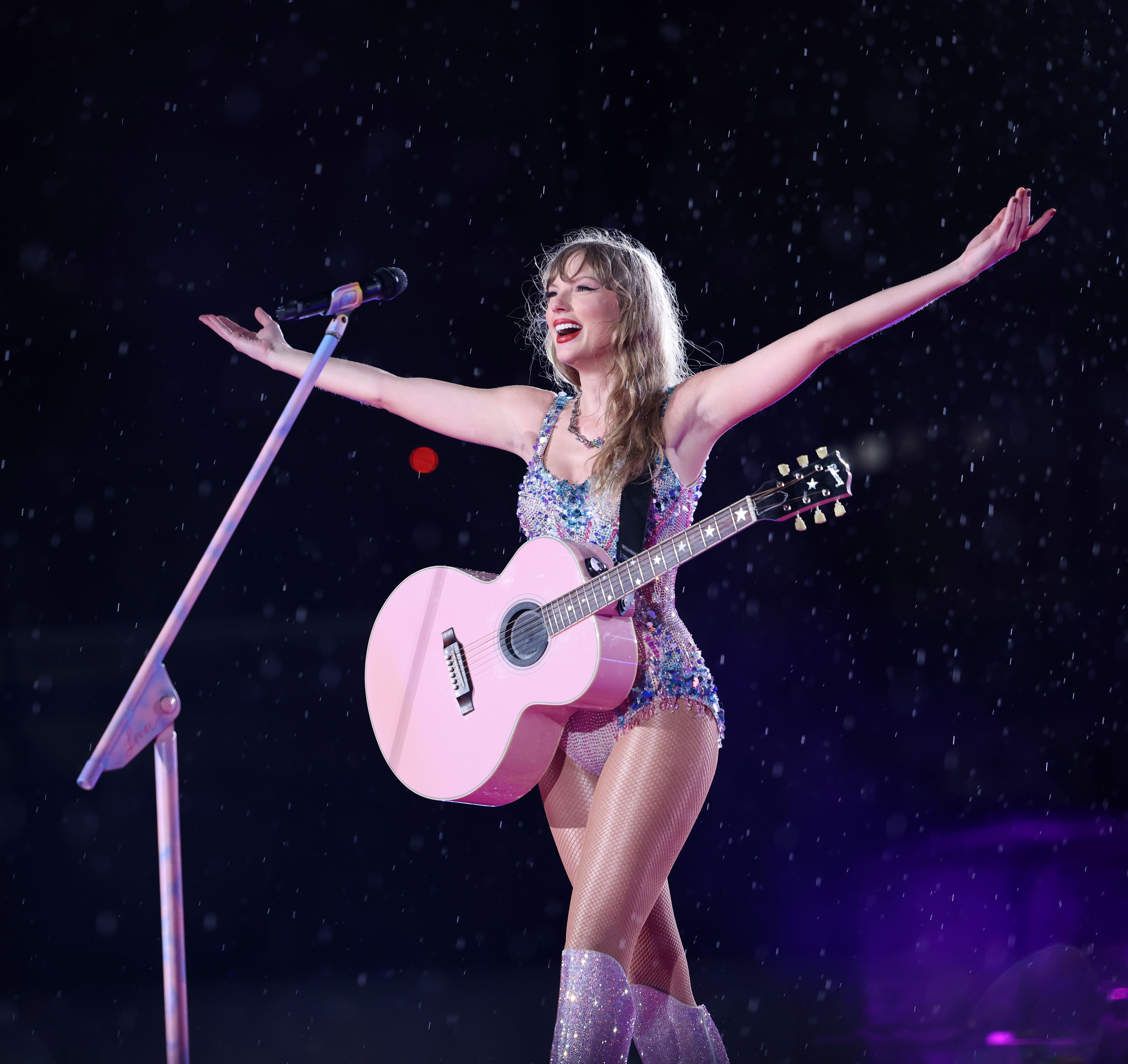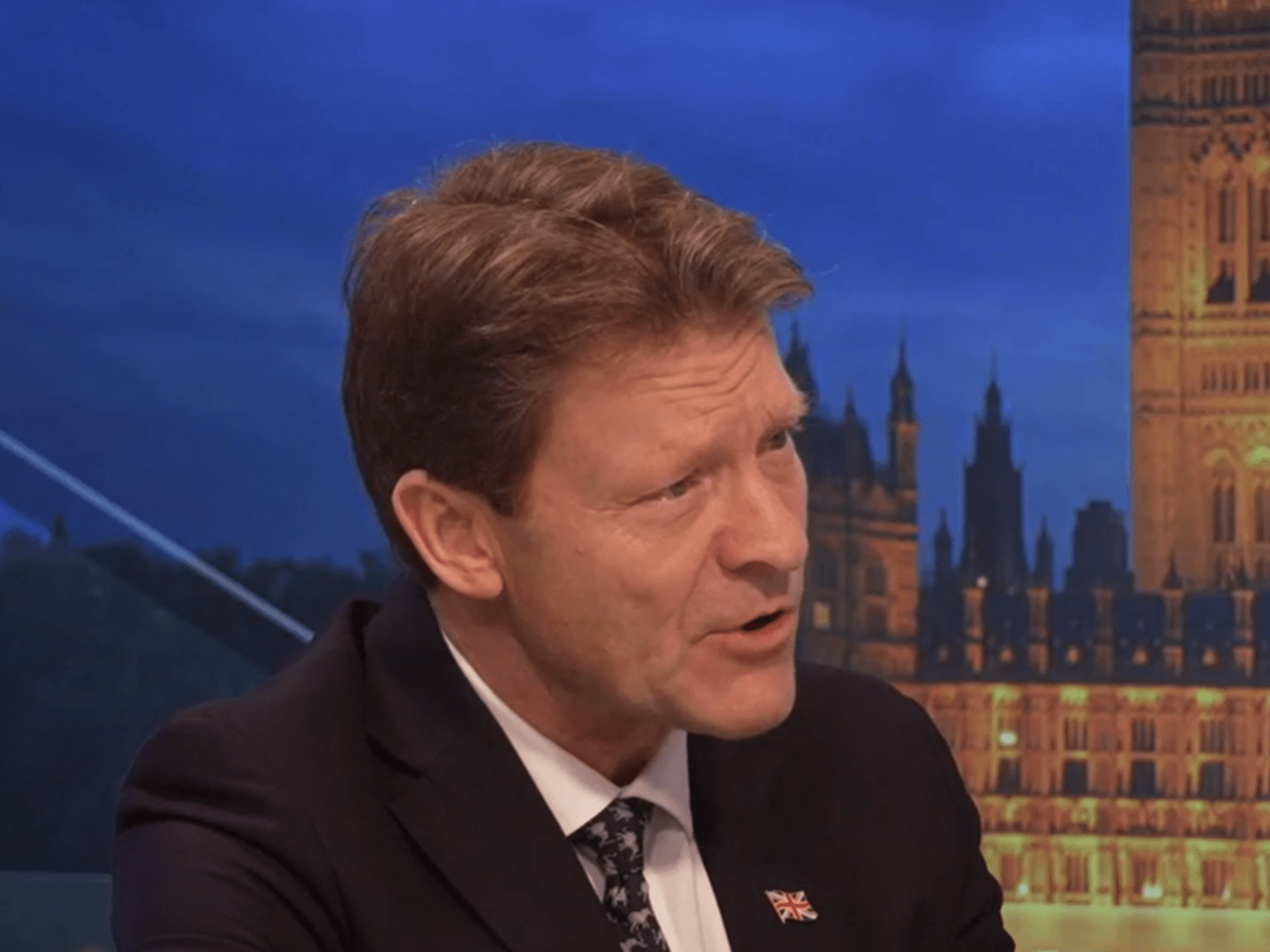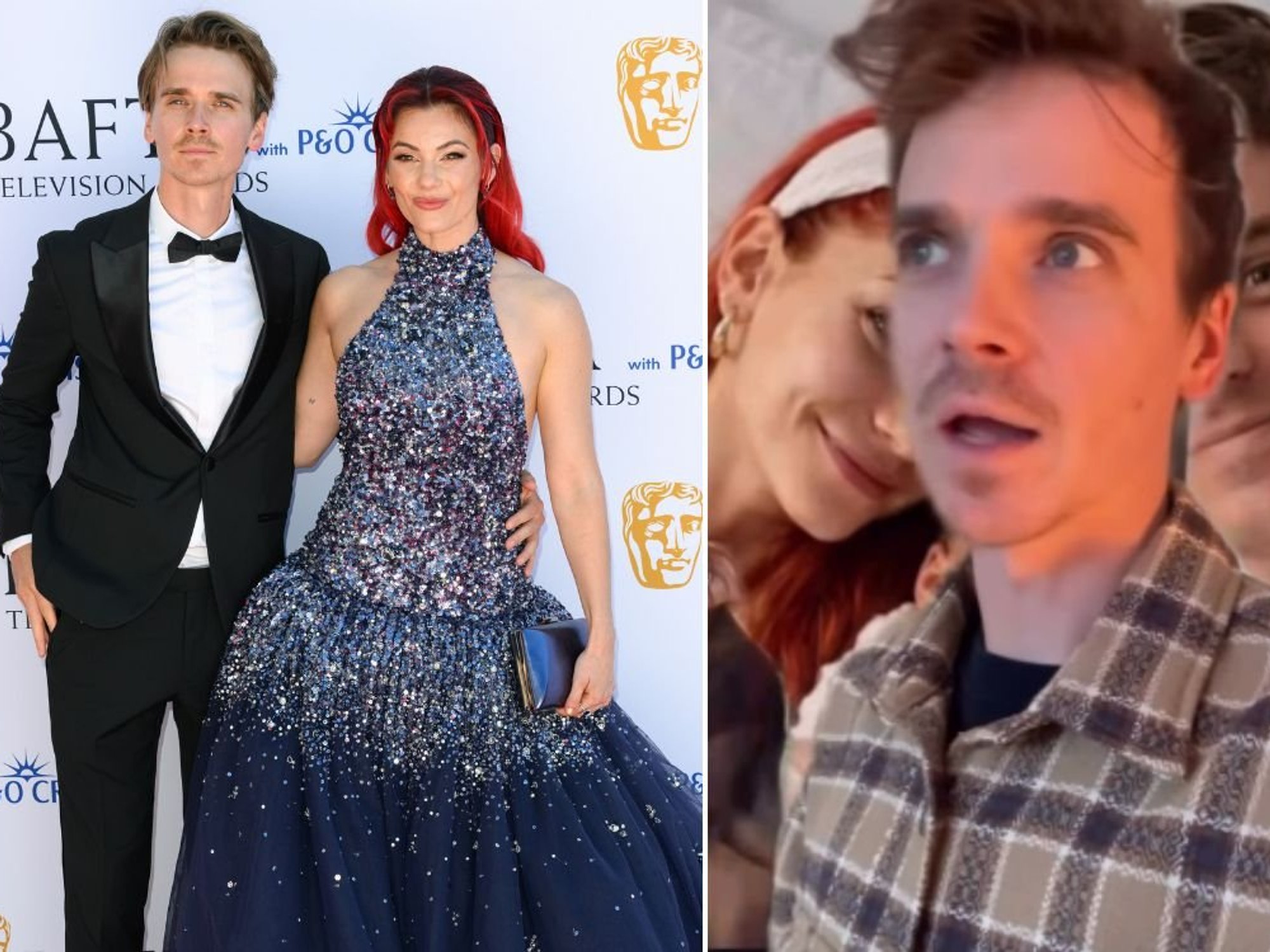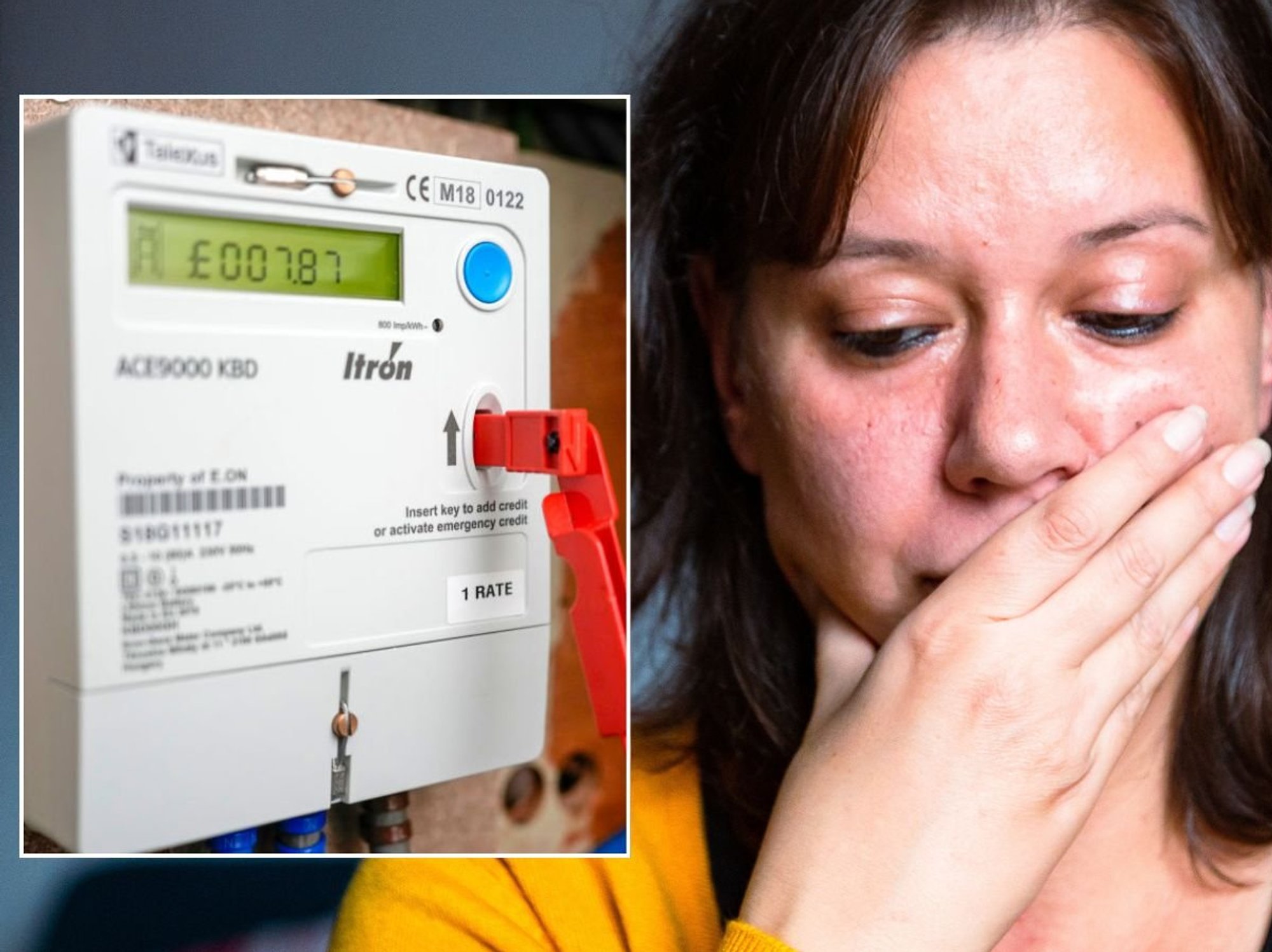Taylor Swift is named UK’s 'most dangerous celebrity' as scams surge — 5 ways you can protect yourself
All products and promotions are independently selected by our experts. To help us provide free impartial advice, we will earn an affiliate commission if you buy something. Click here to learn more
Research shows 7 in 10 Britons have encountered fake celebrity endorsements
- Taylor Swift has been named the 'most dangerous celebrity' in the UK
- Singer appears in the most deepfake scam attempts, McAfee
- Deepfakes are highly realistic but fabricated images, videos, or audio clips
- Fraudsters use them to push fake endorsements, giveaways, and investments
- McAfee says 7 out of 10 Britons have been affected by deepfake attempts
- On average, victims of these scams lost an eye-watering £450
- There are five ways you can spot these scams and protect yourself
Don't Miss
Most Read
You should always be on your guard when browsing the internet, but never more so than when you see something with Taylor Swift. Yes, it's true. The Love Story singer has ranked as the most dangerous celebrity, according to fresh data from cybersecurity firm McAfee.
That's because Taylor Swift is the number one choice among cybercriminals, who are increasingly turning to celebrity deepfakes to lure victims into scams. Deepfakes are highly realistic — but completely fabricated — images, videos, or audio clips created using AI to mimic a real person’s face, voice, or actions.

Hackers are relying on the likeness of Taylor Swift to sell fake endorsements, investment scams, and more
|GETTY IMAGES
The fraudulent content is designed to make false endorsements or content appear genuine, often making it difficult to tell what’s real and what’s manipulated. And this year, cybersecurity company McAfee found Taylor Swift to be the most deepfaked celebrity across the UK, whose image and voice have become prime targets for fraudsters pushing fake endorsements, giveaways and investment schemes.
McAfee warns that the effectiveness of these impersonation scams lies in the trust fans place in their favourite public figures. Scammers now routinely clone celebrities’ faces, voices, or even social posts to create eerily convincing videos and advertisements.
Get £80 off the Scam Detector Essential Plan from McAfee to safeguard yourself online

Save £80 on the McAfee Scam Detector Essential Plan. It's designed to use AI to analyse texts, emails, links and videos for signs of phishing, fraud and deepfake manipulation. It scans content in real time to flag suspicious language, risky URLs and impersonation attempts before you click or share
McAfee Essential Scam Detector
$119.99
$39.99
For instance, these deepfakes are being deployed to front false crypto platforms, “too-good-to-be-true” investment schemes, miracle skincare products and fake sweepstakes.
You should be cautious about any celebrity endorsement for these types of products, campaigns, or investments... but be especially careful if Taylor Swift is the one promoting it.
New data from McAfee shows seven in ten Brits have encountered fake celebrity endorsements, with adults aged 25–34 the most vulnerable. Among those who were duped, victims lost an average of £450.

Australian actress Margot Robbie made it onto the podium in the latest list from McAfee
|GETTY IMAGES
This is the list of the top 10 most dangerous celebrities due to deepfake deception in the UK.
- Taylor Swift
- Emma Watson
- Margot Robbie
- Harry Styles
- David Beckham
- Victoria Beckham
- Lewis Hamilton
- Charli XCX
- Claudia Winkleman
- Gordon Ramsay
Ms Swift’s rise to the top marks a sharp shift from 2024, when she ranked fourth in McAfee’s broader study of celebrity-linked online scams.
This year’s focus on the explosive growth of deepfake technology has propelled the global star to number one. Emma Watson and Margot Robbie follow in second and third place, while David Beckham has made one of the steepest jumps — moving from tenth last year to fifth — closely tailed by wife Victoria.
LATEST DEVELOPMENTS
- Sky issues refund to viewers next month as it closes one-of-a-kind TV service
- Popular Android brand OnePlus releases flagship smartphone today
- Best VPN deals
- Fire TV Stick crackdown on free streaming 'welcome step', expert says
- Motorola releases an affordable iPhone Air rival
- Dyson Black Friday deals start early
But it’s not only Hollywood stars and musicians being co-opted. McAfee has also launched its first Influencer Deepfake Deception List, reflecting how central online creators have become to digital culture—and to cybercriminals’ strategies.
Gaming creator Pokimane leads this year’s global ranking, ahead of MrBeast and lifestyle creator Karina.
The following list reflects the most dangerous influencers online, ranked globally:
- Pokimane
- MrBeast
- Karina
- QTCinderella
- Brooke Monk
- helydia
- Léna Situations
- Madison Beer
- Cally Jane
- Vicky Pattison
Vonny Gamot, McAfee’s Head of EMEA, said, “Our research shows how scammers exploit the influence of celebrity and influencer culture, often with alarming realism, through sophisticated AI-powered deepfake technology. The solution lies both in tech platforms tightening verification systems and the public developing a healthy digital suspicion.”
- View Deal | Get started with 1Password for FREE
- View Deal | LastPass offers FREE 30-day trial
- View Deal | Get started with NordPass for FREE
- View Deal | Dashlane includes a VPN with all plans
She added that identifying the public figures who are most frequently misused can help fans recognise potential red flags before falling victim.
There are five ways to spot these increasingly sneaky scams and best practices to protect yourself.
- Question urgency and emotion: Be wary of messages demanding immediate action — fast investments, rushed donations or quick purchases. Using pressure to have you act quickly without thinking critically is a common tactic.
- Verify the source: A convincing face doesn’t guarantee authenticity. It's best to take the extra step to cross-check posts on the celebrity’s official channels.
- Watch for glitches: Mismatched lighting, odd blinking, distorted lips or unnatural speech patterns may indicate a deepfake.
- Pause before clicking: Search the celebrity’s name alongside terms like “scam” or “fake video” to see if warnings are circulating across the internet. There's a large possibility that you aren't the only one being targeted by the same scam.
- Use AI-powered protection tools: Technology such as McAfee’s Scam Detector can analyse messages and videos to flag suspected fakes before they inflict harm.
More From GB News










